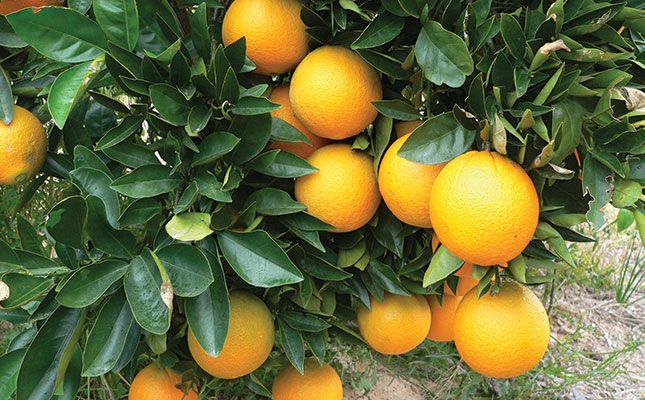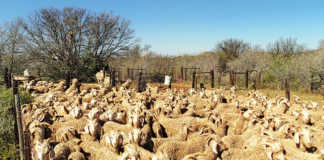
The unrest during the past two weeks culminated in an agreement between employers and employees in the area whereby the minimum wage was increased to R20/hour.
De Waal said the civil unrest had a disastrous effect on citrus growers in the area: vast quantities of fruit that were supposed to be on the retail market last week were lost, and varieties that reached the peak harvest period were left in the orchards.
“We are still assessing the damage but we can safely assume that it would be more than the initial R50 million estimates,” he said.
Agri Eastern Cape president Dougie Stern said the unfortunate series of events in the valley was driven by the South African National Civic Organisation (Sanco), which seemingly wanted to achieve political gain from it.
According to him, Sanco had nothing to do with labour and the issues around it.
“The producers were forced to sign the agreement in the face of increased violence, and the small number of South African Police Service (SAPS) members who were deployed to contain the rampaging protesters was ineffective to stop the approaching, rioting mass of people.”
A producer Farmer’s Weekly spoke to, said he vowed to keep his name out of the media for fear of further action against his farming business and to protect his family.
Stern described the agreement as “an act of lawlessness” because the producers had no option but to agree to it. At the time it was the only sane thing to do to defuse the situation.
Because of the anarchistic manner, the agreement was reached, the entire agricultural industry in the province could be faced by similar illegality.
“Agri Eastern Cape will from now on work in close cooperation with the SAPS to contain and control such conduct. We cannot afford not to do so. It must, however, be made clear that the agreement is binding on the Sunday’s River Valley only,” Stern said.











